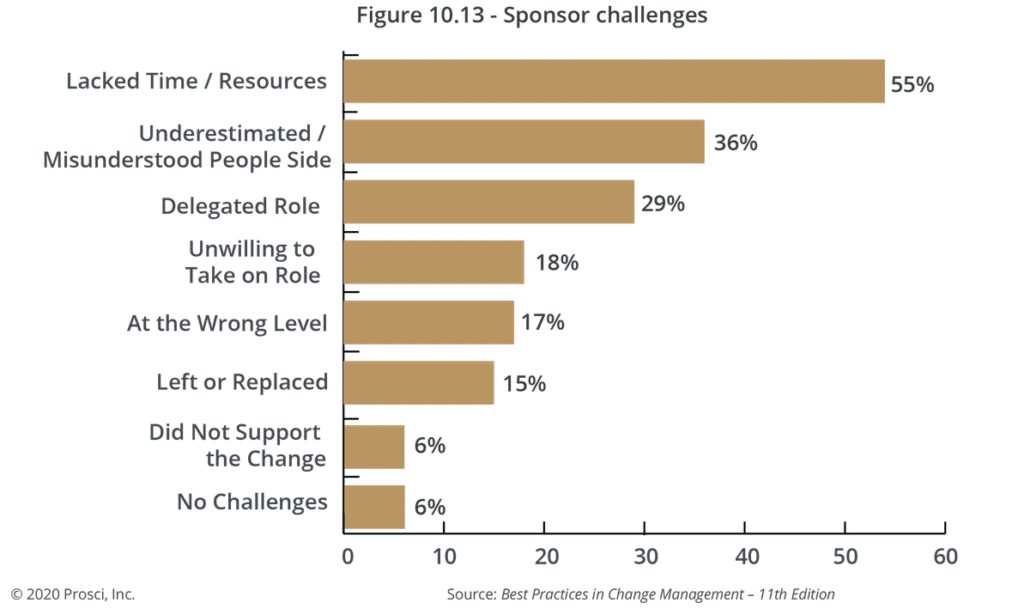What are the biggest change management trends in 2023?
As companies continue to adapt and evolve to the rapidly changing market landscape, the field of change management is also undergoing significant change. In 2023, the following five trends will influence the way company-wide change is managed and implemented.
1. GREATER INTEGRATION OF TECHNOLOGY AND DIGITAL TOOLS
Due to the increasing digitalization and automation of processes, the use of technology and digital tools will also become increasingly important in managing change. This includes leveraging technologies such as artificial intelligence, machine learning, and big data analytics to better understand and predict the impact of change on the business. In addition to these Change Management Trends 2023, the use of digital tools such as project management software and collaboration platforms to improve the efficiency and effectiveness of the change process is one of them.
2. INCREASED FOCUS ON EMPLOYEE ENGAGEMENT AND EMPOWERMENT
As companies recognize the importance of a positive and engaged workforce for the success of change, supervisors and project managers will (and should) pay more attention to involving their employees in the change process and empowering them to embrace the changes implemented. This includes using employee groups as a forum for workers to create positive change in their workplace. In addition, involving employees in decision-making and providing them with the necessary support and resources is essential to enable them to manage change effectively.
3. FOCUS ON AGILE AND ITERATIVE APPROACHES
In an increasingly dynamic and fast-paced business environment, companies need to be more agile and responsive to change in order to remain competitive. This requires a move away from traditional, linear change management models and a shift towards agile and iterative approaches such as Scrum and Kanban, which enable flexibility and adaptability in the change process.
💡 Reading tip: How to combine agile project management with other methods
4. GREATER EMPHASIS ON LEADERSHIP IN CHANGE
As change management becomes more complex and critical to business success, the need for strong and effective leaders who can handle the challenges and opportunities of change increases. This includes identifying and developing the skills and competencies required, as well as providing support and guidance to ensure leaders are able to effectively lead and manage the change process.
In the 11th edition of Prosci’s® Best Practices in Change Management benchmarking report, a survey identified the top challenges associated with leaders (or sponsors) and managing change projects:

Most sponsors (executives or officers) are aware of the importance of their role and have a desire to be an effective sponsor. However, few have the opportunity to expand their knowledge about what effective sponsors do.
5. SUSTAINABILITY AND SOCIAL RESPONSIBILITY
Organizations are coming under increasing pressure to address issues such as climate change and social justice. As a result, the inclusion of sustainability and social responsibility in the change process will become increasingly important. This includes considering the long-term impact of change on the organization and its stakeholders and taking a holistic approach that takes into account environmental, social and economic impacts.
CHANGE MANAGEMENT TRENDS 2023: A LOOK INTO THE FUTURE
Overall, the change management trends for 2023 are characterized by a focus on employee engagement, integration of technology and digital tools, agile and iterative approaches, change leadership, and sustainability and social responsibility. These trends reflect the ongoing evolution of change management, with which companies strive to meet the opportunities and challenges of our rapidly changing business landscape.
Do you have any questions about these trends? Please feel free to contact us

